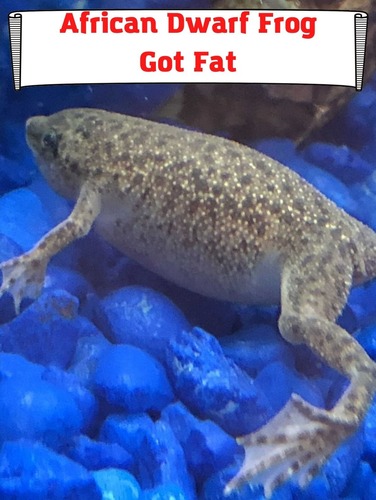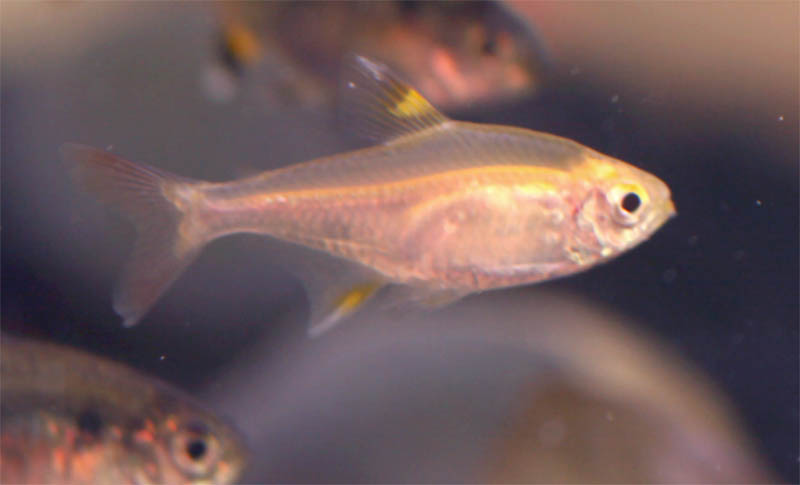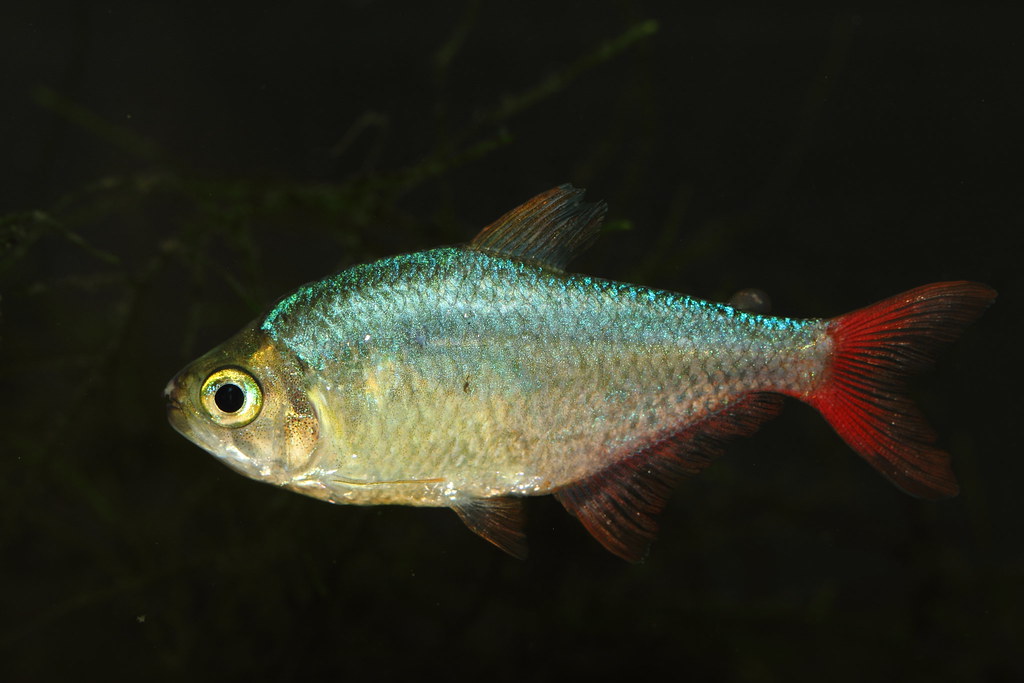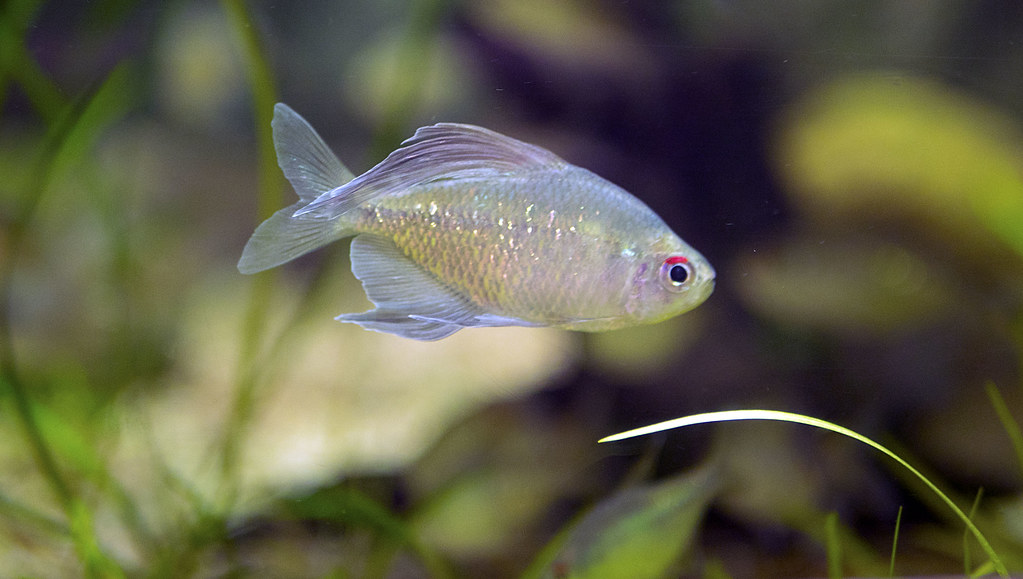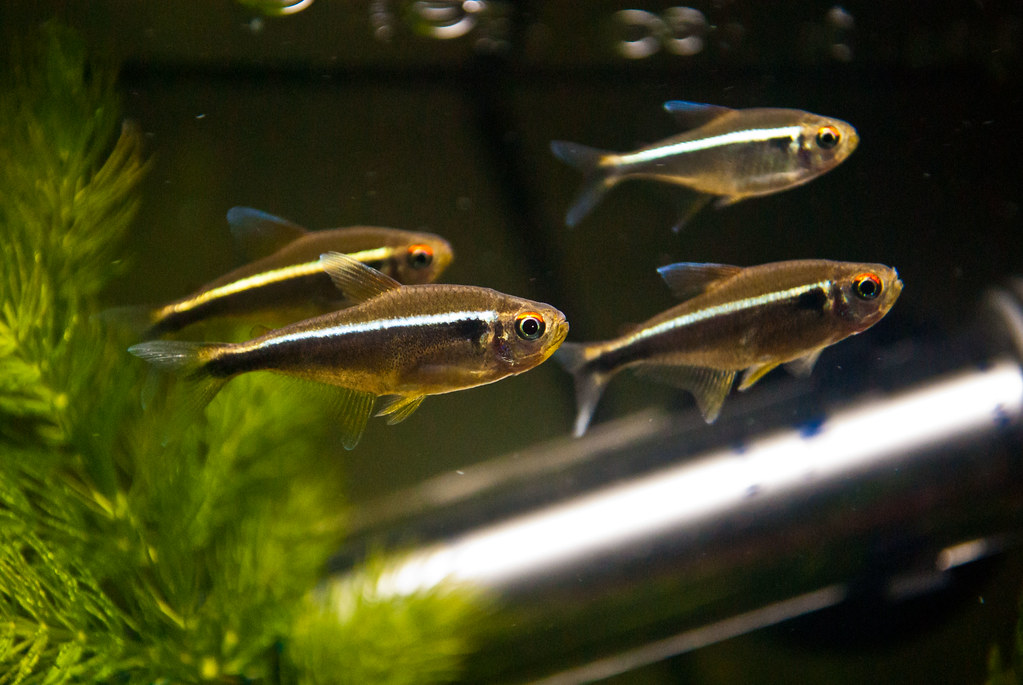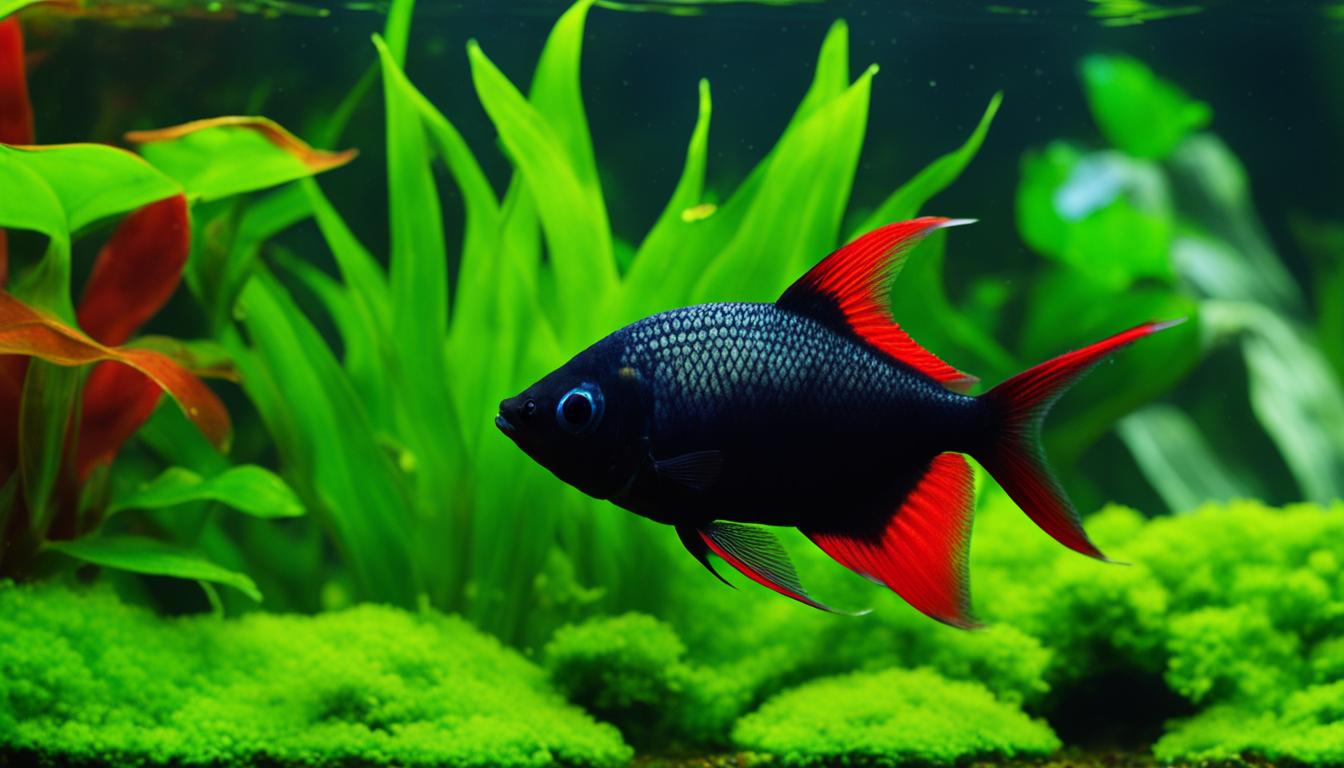The primary cause of a Fat African Dwarf Frog could be overfeeding, carrying eggs, or bloating. Fat African Dwarf Frogs may appear overweight due to overfeeding, carrying eggs, or experiencing bloating.
Overfeeding is the main reason for obesity in amphibians, even those with minimal exercise. Injured or ill frogs may also gain weight due to their inability to move. It is important to monitor the behavior of African Dwarf Frogs to gauge their happiness.
Active behavior, frequent swimming, a strong appetite, and smooth, discolored skin are indicators of a content frog. If a frog is behaving normally but has increased in size, it is likely due to overfeeding and not a cause for concern.
Table of Contents
Signs Of Obesity In African Dwarf Frogs
The bloated appearance of an African Dwarf Frog could indicate signs of obesity. Obesity in frogs can cause difficulty swimming or moving. If you notice your frog exhibiting reduced appetite, it may be a sign of obesity. Overfeeding is the primary cause of obesity in amphibians, as excess calories are stored as fat.
Injured or ill frogs may also become obese due to their inability to exercise. To ensure the well-being of your African Dwarf Frog, it is important to monitor its weight and provide a balanced diet.
Causes Of Obesity In African Dwarf Frogs
The main cause of obesity in African Dwarf Frogs is overfeeding. These amphibians tend to store extra calories as fat, even with little or no exercise. Additionally, injury or illness can lead to weight gain in frogs, as they are unable to engage in physical activity.
It is important to monitor the diet of African Dwarf Frogs and ensure they are not being overfed. Providing a balanced diet and promoting regular exercise can help prevent obesity in these fragile creatures. If you notice your frog is becoming excessively fat, it is crucial to consult a veterinarian to rule out any underlying health issues.
Proper care and attention will ensure the well-being of your African Dwarf Frog.
Preventing And Treating Obesity In African Dwarf Frogs
Your African dwarf frog may appear fat due to overfeeding, carrying eggs, or being bloated. Overfeeding is a primary cause of obesity in amphibians, as they store extra calories as fat. Lack of exercise or injury can also lead to weight gain.
To prevent and treat obesity, provide proper feeding guidelines by avoiding overfeeding and offering a varied diet. Additionally, create regular exercise opportunities for your frog. Observe its behavior to determine if it is happy and satisfied, such as being active, swimming frequently, having a strong appetite, and having smooth, discolored skin.
Monitor its size and behavior to ensure it maintains a healthy weight. Remember, a healthy diet and exercise are essential for the well-being of your African dwarf frog.
Frequently Asked Questions Of Fat African Dwarf Frog
Why Is My African Dwarf Frog Getting Fat?
Your African dwarf frog may be getting fat due to overfeeding or fluid buildup in its body.
Why Does My African Dwarf Frog Look Bloated?
Your African dwarf frog may look bloated due to fluid buildup inside its body.
Why Does My Frog Look Fat?
Your frog may look fat due to overfeeding or if it is injured or ill and unable to exercise.
How Do I Know If My African Dwarf Frog Is Happy?
To know if your African dwarf frog is happy, observe its behavior. A happy frog will be active, swim frequently, have a strong appetite, and have smooth, discolored skin.
Why Is My African Dwarf Frog Getting Fat?
African dwarf frogs can become fat due to overfeeding, carrying eggs, or being bloated.
Why Does My African Dwarf Frog Look Bloated?
African dwarf frogs may look bloated because they have fluid buildup inside their bodies, not air.
Why Does My Frog Look Fat?
Overfeeding is the primary cause of obesity in frogs, as they store excess calories as fat.
Conclusion
If you notice that your African dwarf frog is getting fat, there are a few possible reasons for this change in weight. Overfeeding is a common cause of obesity in amphibians, so it’s important to ensure that you’re providing the proper amount of food for your frog’s size and activity level.
Additionally, female frogs can appear bloated if they are carrying eggs, which is a natural part of their reproductive cycle. If your frog seems happy and active despite its increased size, then there may be no cause for concern. However, if you notice any other signs of illness or distress, it’s important to consult a veterinarian who specializes in amphibian care.
Remember to always monitor your frog’s behavior and adjust its diet as needed to ensure a healthy and balanced lifestyle for your beloved pet.

